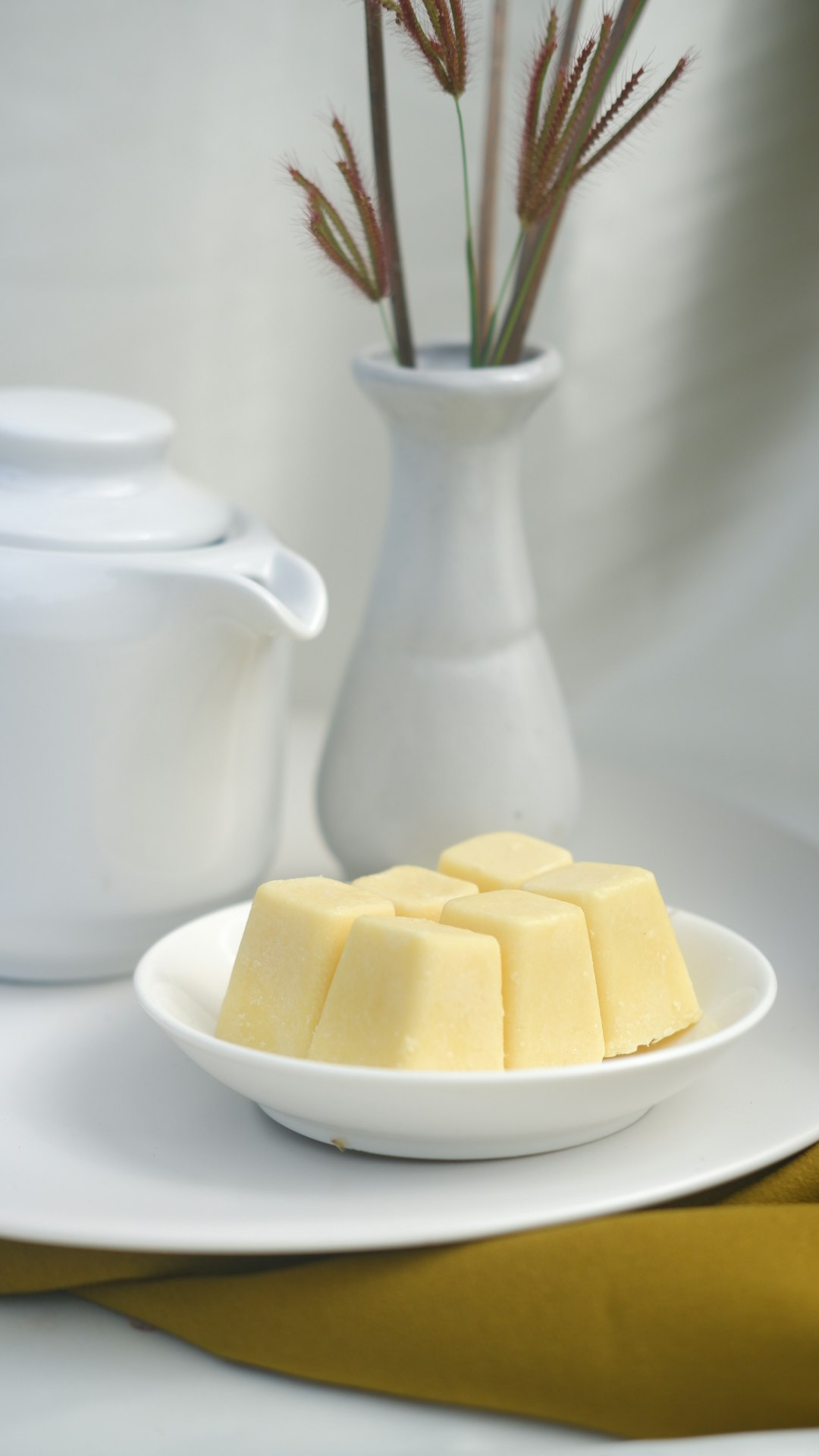The Secret of Keeping Butter Fresh

When it comes to the world of food storage and safety, one question that often pops up is whether it is a must to refrigerate butter. In this article, we will explore what experts have to say about storing butter and keeping it fresh, which is an essential part of recipes and cooking.
Butter is a dairy product that has been a staple in kitchens around the world for centuries. It adds a rich, creamy flavor to a wide variety of dishes, from savory to sweet. However, its perishable nature means that proper storage is crucial to maintain its quality and safety.
Let's start by looking at the different types of butter. There are salted and unsalted butter. Salted butter contains a small amount of salt, which acts as a natural preservative. This means that it can generally last longer at room temperature compared to unsalted butter. Unsalted butter, on the other hand, is more pure and has a shorter shelf - life without refrigeration.
Experts suggest that if you live in a cool climate where the room temperature is consistently below 68°F (20°C), you can keep salted butter out on the counter for a short period, usually about 1 - 2 weeks. This can be convenient if you use butter frequently in your cooking or for spreading on bread. The cool temperature slows down the growth of bacteria and other microorganisms that can cause spoilage.
However, if the room temperature is warmer, especially above 70°F (21°C), it is highly recommended to refrigerate both salted and unsalted butter. In warmer conditions, bacteria can multiply rapidly, leading to a change in the taste, texture, and smell of the butter. Refrigeration slows down this process, extending the butter's shelf - life significantly.
When it comes to storing butter in the refrigerator, there are also some best practices. First, make sure to keep the butter in its original wrapper or in an air - tight container. This helps to prevent the butter from absorbing other odors in the fridge. You may have noticed that sometimes butter can take on the smell of strong - smelling foods like onions or garlic if it is not properly sealed.
Another important aspect is the temperature setting of your refrigerator. The ideal temperature for storing butter in the fridge is between 32°F (0°C) and 40°F (4°C). This range keeps the butter firm but still soft enough to spread easily. If the temperature is too low, the butter can become hard and difficult to use.
For long - term storage, you can even freeze butter. Freezing butter can extend its shelf - life for up to a year. When freezing, wrap the butter tightly in plastic wrap or place it in a freezer - safe container. When you are ready to use the frozen butter, thaw it slowly in the refrigerator. Avoid thawing it at room temperature as this can lead to uneven thawing and potential spoilage.
Now, let's talk about how to tell if butter has gone bad. Spoiled butter will have a rancid smell. It may also develop a gray or brownish color on the surface. If you notice any mold growth on the butter, it is definitely time to discard it. Consuming spoiled butter can lead to food - borne illnesses, so it is better to be safe than sorry.
In conclusion, whether you should refrigerate butter depends on various factors such as the type of butter, the room temperature, and how soon you plan to use it. By following these expert tips on storing butter, you can ensure that your butter stays fresh, flavorful, and safe to use in all your delicious recipes.
So, the next time you are in the kitchen, you can make an informed decision about how to store your butter, enhancing your cooking experience and the quality of your dishes.